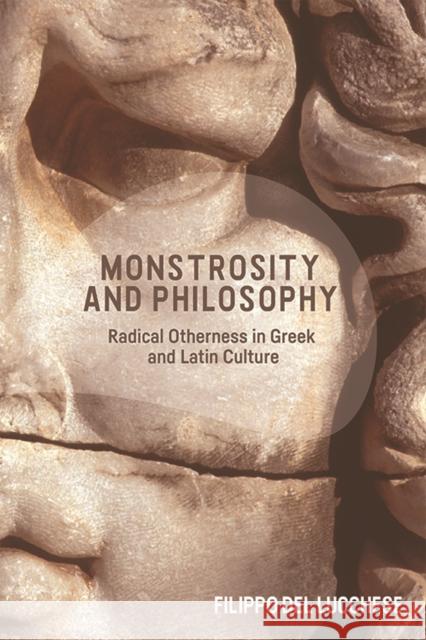Monstrosity and Philosophy: Radical Otherness in Greek and Latin Culture » książka
topmenu
Monstrosity and Philosophy: Radical Otherness in Greek and Latin Culture
ISBN-13: 9781474456203 / Angielski / Twarda / 2019 / 432 str.
Monstrosity and Philosophy: Radical Otherness in Greek and Latin Culture
ISBN-13: 9781474456203 / Angielski / Twarda / 2019 / 432 str.
cena 563,24
(netto: 536,42 VAT: 5%)
Najniższa cena z 30 dni: 478,55
(netto: 536,42 VAT: 5%)
Najniższa cena z 30 dni: 478,55
Termin realizacji zamówienia:
ok. 22 dni roboczych.
ok. 22 dni roboczych.
Darmowa dostawa!
Kategorie BISAC:
Wydawca:
Edinburgh University Press
Język:
Angielski
ISBN-13:
9781474456203
Rok wydania:
2019
Ilość stron:
432
Waga:
0.72 kg
Wymiary:
23.11 x 16.0 x 2.79
Oprawa:
Twarda
Wolumenów:
01
Dodatkowe informacje:
Bibliografia











